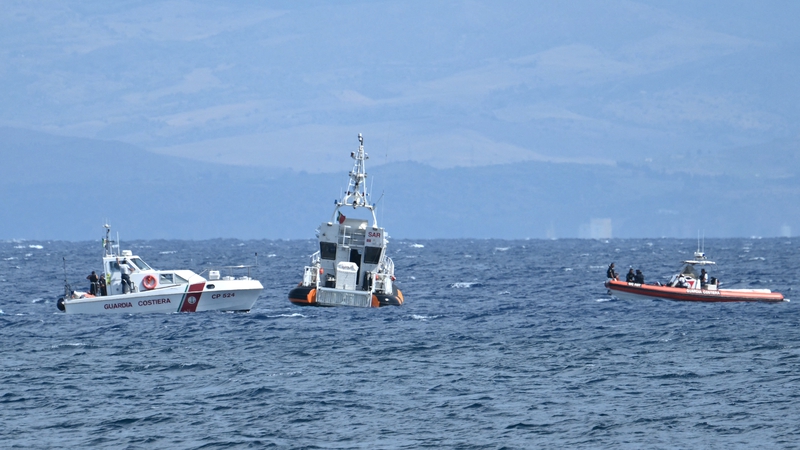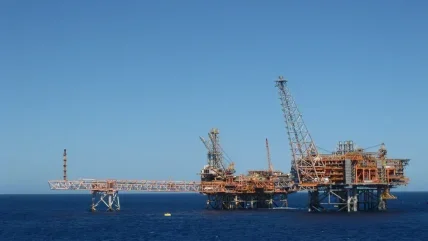Poland's laws are among the strictest in Europe


Poland's restrictive laws on abortion are violating women's rights, a United Nations committee said Monday, saying the rules had contributed to "several preventable deaths".
Poland's laws, among the strictest in Europe, permit abortion only if the pregnancy is the result of sexual assault or incest, or if it poses a direct threat to the life or health of the mother.
In 2021, the UN Committee on the Elimination of Discrimination Against Women (CEDAW) opened an inquiry into the laws.
RELATED STORIES Decriminalise abortion, EU parliament urges Malta
Its report concluded that Polish women "are facing severe human rights violations due to restrictive abortion laws".
Many were "forced to carry unwanted pregnancies to term, seek unsafe clandestine procedures, or travel abroad for legal abortions", it said.
"The situation in Poland constitutes gender-based violence against women and may rise to the level of torture or cruel, inhuman, or degrading treatment," the committee’s vice-chair Genoveva Tisheva said.
The CEDAW also denounced a law that makes aiding abortion punishable by up to three years' imprisonment, as "doctors frequently hesitate to perform abortions, even when legal, due to fears of criminal liability".
Other doctors decline to perform abortions for moral or religious reasons, the committee added, while complex bureaucracy and a powerful anti-abortion lobby likewise complicate access to safe termination.
"Together, these factors create a complex, hostile and chilling environment in which access to safe abortion is stigmatised and practically impossible," Tisheva said.
Poland's governing coalition has pledged to liberalise its abortion laws.
But its last attempt to relax the legislation failed in July, when lawmakers narrowly rejected a bill to remove the provision banning abortion assistance by 218 votes to 215.
Rights Experts Reveal Impact Of Poland’s Restrictive Abortion Laws On Women
The rights of women in Poland are currently being violated due to restrictive abortion laws that have contributed to “several preventable deaths,” according to independent rights experts on Monday.
These restrictive laws have forced many women to carry unwanted pregnancies to term, travel abroad to have legal abortions or seek private unsafe procedures, based on information from the UN human rights office (OHCHR).
The report from the UN Committee on the Elimination of Discrimination against Women (CEDAW) published on Monday, found that most abortions in Poland are being carried out illegally and in unsafe conditions as it is illegal to assist women in getting abortions, with minimal legal exceptions, and services are often inaccessible.
CEDAW members are appointed by the UN Human Rights Council in Geneva.
Committee Vice-Chair Genoveva Tisheva said: “The situation in Poland constitutes gender-based violence against women and may rise to the level of torture or cruel, inhuman, or degrading treatment.”
Restricted rights
Two years ago, Ms. Tisheva visited Poland to conduct a confidential investigation about women’s rights being violated following allegations from civil society organizations.
The CEDAW committee found that Poland’s “already restrictive legal framework” had some “serious implementation flaws” including doctors hesitating to perform abortions due to fear of criminal liability or on moral or religious grounds, making it challenging for women to access safe abortion services.
The committee emphasised significant challenges women face in accessing abortion services, especially when pregnancies result from criminal activity, due to a “complex and victim-unfriendly bureaucratic process.” These challenges are further exacerbated by strong anti-abortion lobbying groups, threats, and the stigmatisation of those who provide assistance.
“Together, these factors create a complex, hostile and chilling environment in which access to safe abortion is stigmatised and practically impossible,” Ms. Tisheva said.
Conclusion and recommendations
The CEDAW committee concluded that Poland’s restrictive abortion laws endanger the health and lives of women and cause mental and physical suffering, which is a gender-based violation against women.
These restrictive laws can also be considered “torture or cruel, inhuman, and degrading treatment.”
Vice-Chair Tisheva said, “Women’s mental anguish was exacerbated when forced to carry a non-viable foetus to term, a situation that has worsened since a 2020 Constitutional Court ruling banned abortion even in cases of fatal foetal abnormalities.”
This ruling reportedly made abortion illegal except in cases where a pregnant woman’s life may be in danger or cases of sexual assault.
Some of CEDAW’s recommendations to Poland include recognising abortion as a fundamental human right and the adoption of a human rights based approach to sexual and reproductive health overall – notably through legal reforms “towards total decriminalisation and legalisation of abortion”, according the press release issued by UN human rights office OHCHR.












